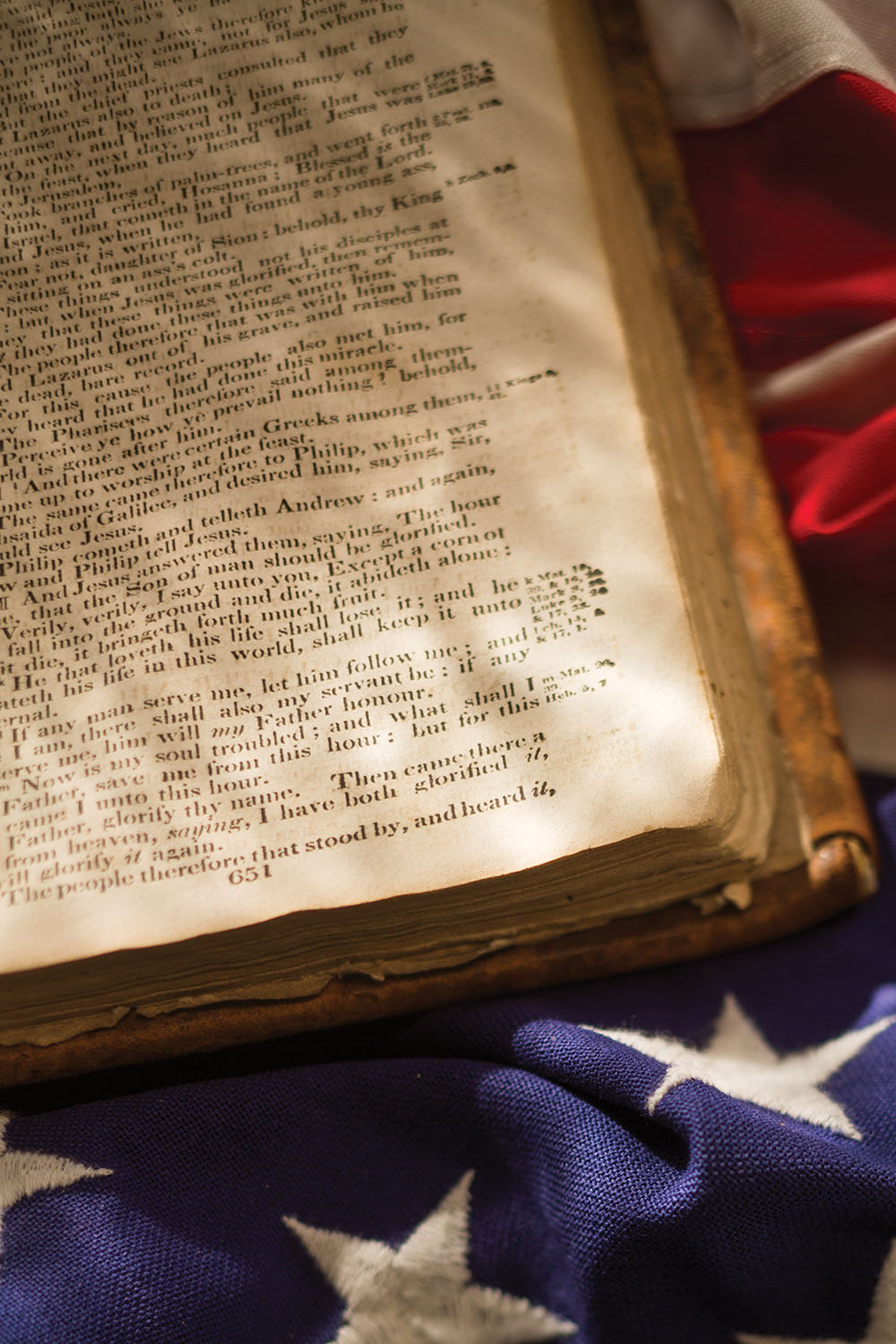The ultimate effect of the Supreme Court’s gay-marriage decision on religious liberty will depend on people like you and me.

If there is one thing that has become abundantly clear from the Supreme Court’s same-sex marriage decision, it is that constitutional law is as much about culture as it is about the Constitution.
Although much of the legal and cultural elite concluded over a decade ago that same-sex marriage should be a constitutional right, it was not until this year—when at least half the American people seemed to support gay marriage—that the Supreme Court issued a decision finding a fundamental right to same-sex marriage.
Culture affects law and the law, in turn, affects culture.
I believe there are two very different paths that our culture—and the law—can now follow when it comes to the religious liberty of those who sincerely believe that marriage is, and should remain, between a man and a woman.
The first path is the path we took as a nation regarding racism. After a long struggle that included the Civil War and heroic efforts by thousands of activists, in 1954 the Supreme Court unanimously held in Brown v. Board of Education that state-sponsored racial segregation violates the 14th Amendment.
As vital as this case was legally, it had a profound effect culturally. It not only made racist actions by government unlawful, it also helped make racist speech, and even racist ideas, socially and culturally taboo. Yes, the First Amendment still protects the right of racists to spout their hatred from the street corner, but if you do so, you will be a social outcast.
That, of course, is good. Racism was and is a scourge, and we properly attach severe social consequences to it. My point is simply that there is very little real freedom or social space in which to be a racist.
If the Supreme Court’s same-sex-marriage decision results in support for traditional marriage being equated culturally and legally with racism, then religious liberty will be severely restricted. The expression of pro-traditional-marriage viewpoints within the workplace will be seen as harassment, even as pro-gay-marriage viewpoints are openly discussed. And institutions—including religious schools—that have standards rooted in traditional marriage can expect, eventually, to have their accreditation and tax-exempt status challenged.
But there is another path. In 1972, in Roe v. Wade, a divided Supreme Court declared that abortion is a fundamental right. What followed could have been something like the aftermath of the Brown decision, where anyone who questioned the right to abortion would be marginalized socially and legally. But that didn’t happen. Today it is entirely possible for a strong pro-lifer to be open and frank about his or her beliefs.
How did opposition to abortion secure a place of respectability in our culture and law? One part of the answer is that religious and other pro-life voices decided they would not remain silent. They learned to make their case with reason, civility, and even love. To be sure, there were extremists, missteps, and course corrections, but eventually, the pro-life movement found its voice.
The effect of the Supreme Court’s same-sex-marriage decision on religious liberty will depend, to a great extent, on people like you and me. If supporters of traditional marriage are intimidated into silence, then the Supreme Court’s gay-marriage decision will be a disaster for religious liberty.
But if those who support traditional marriage are examples of what is best about their beliefs, if they find ways to explain with reason as well as meekness and love, then I believe our culture and law will accord them the respect and freedom they deserve.
Alexander Dushku is a Salt Lake City lawyer who has represented The Church of Jesus Christ of Latter-day Saints in First Amendment cases. This essay is adapted from a speech given July 7, 2015, at Religious Freedom Annual Review, a conference sponsored by BYU Law School.






